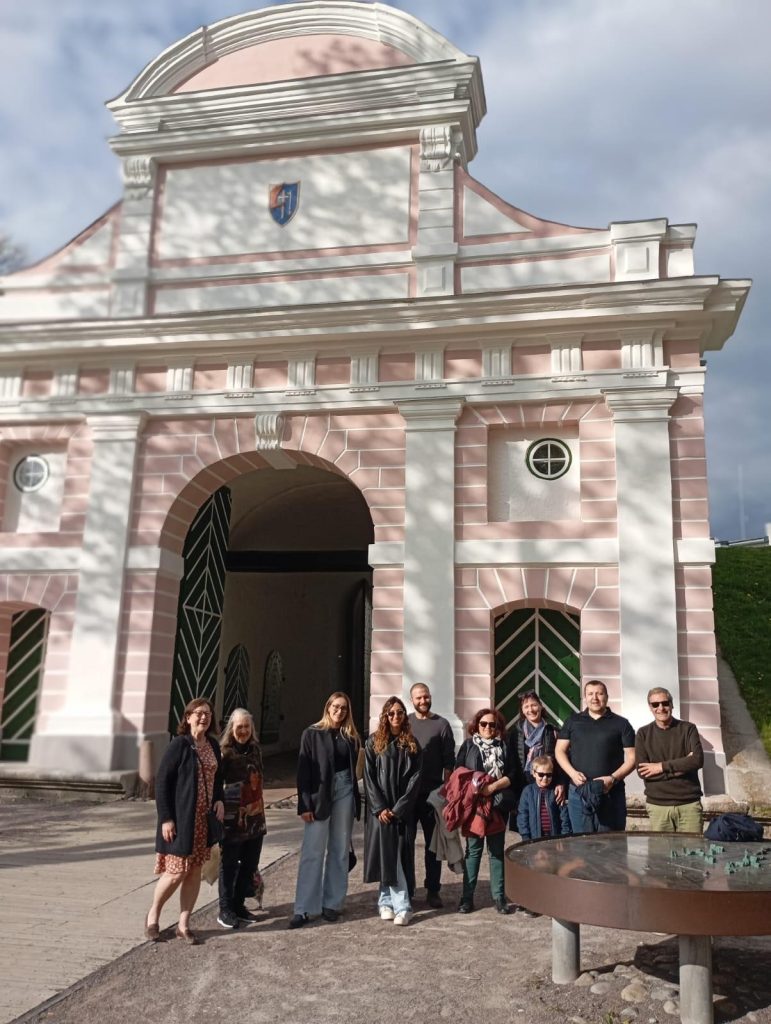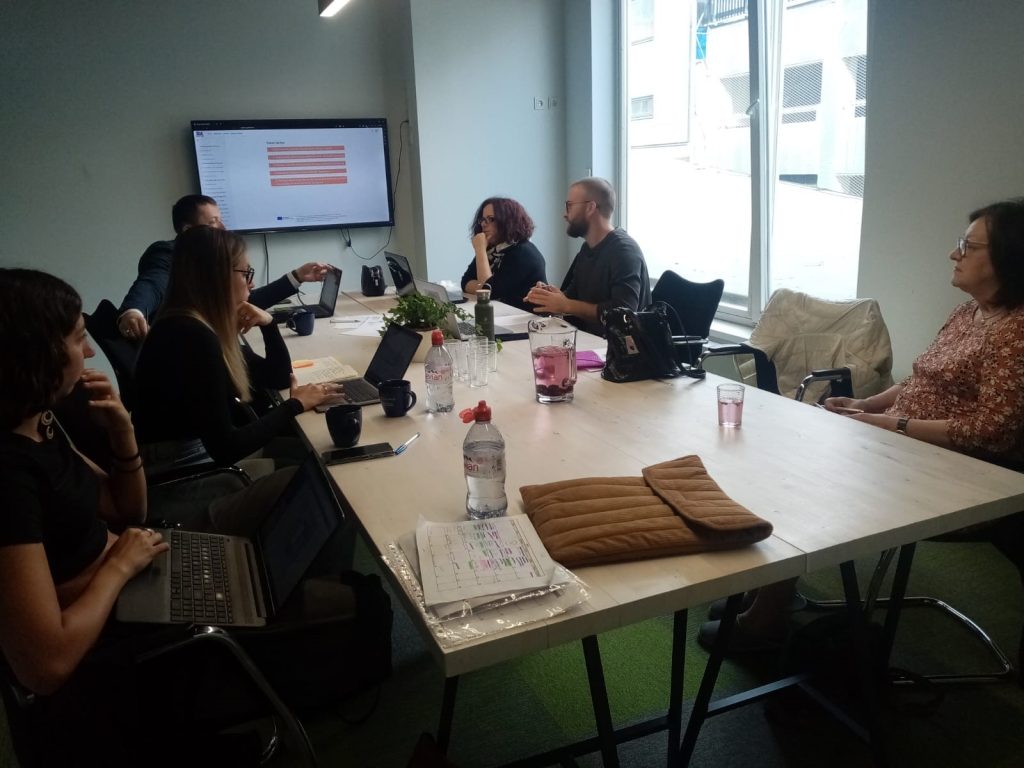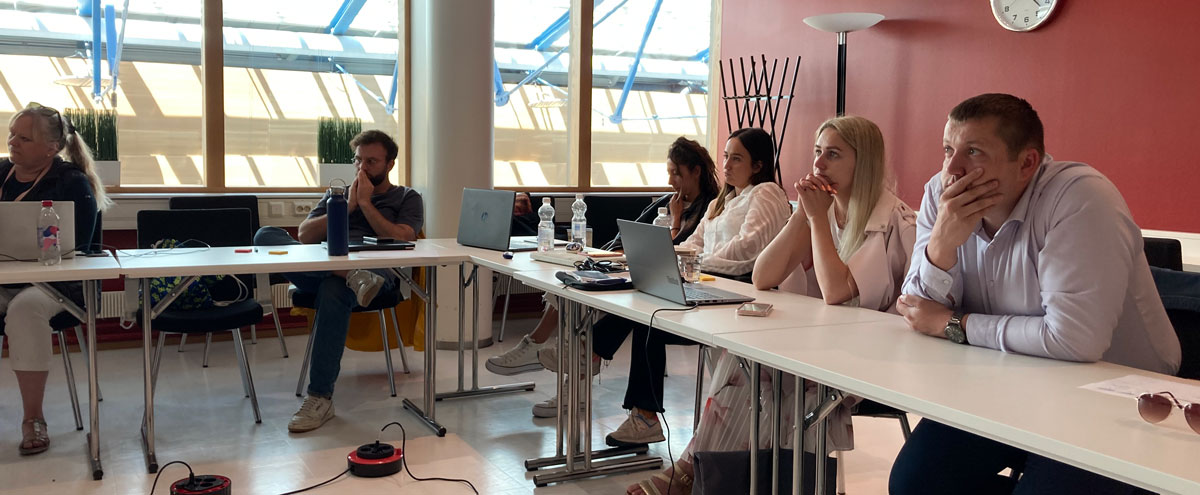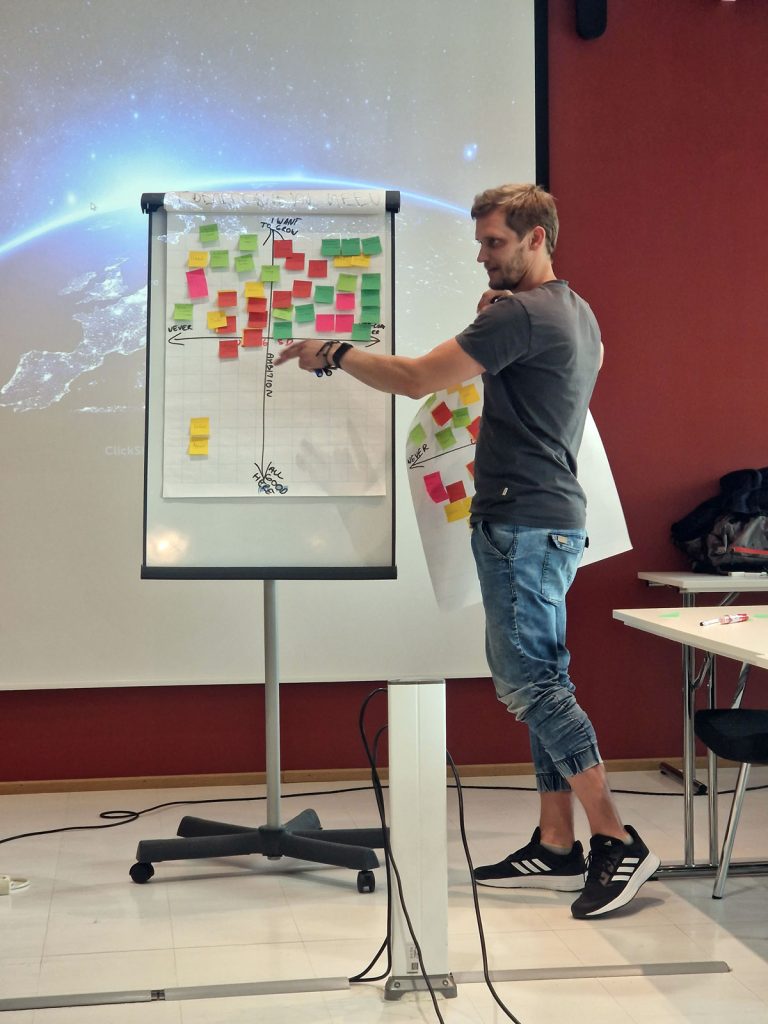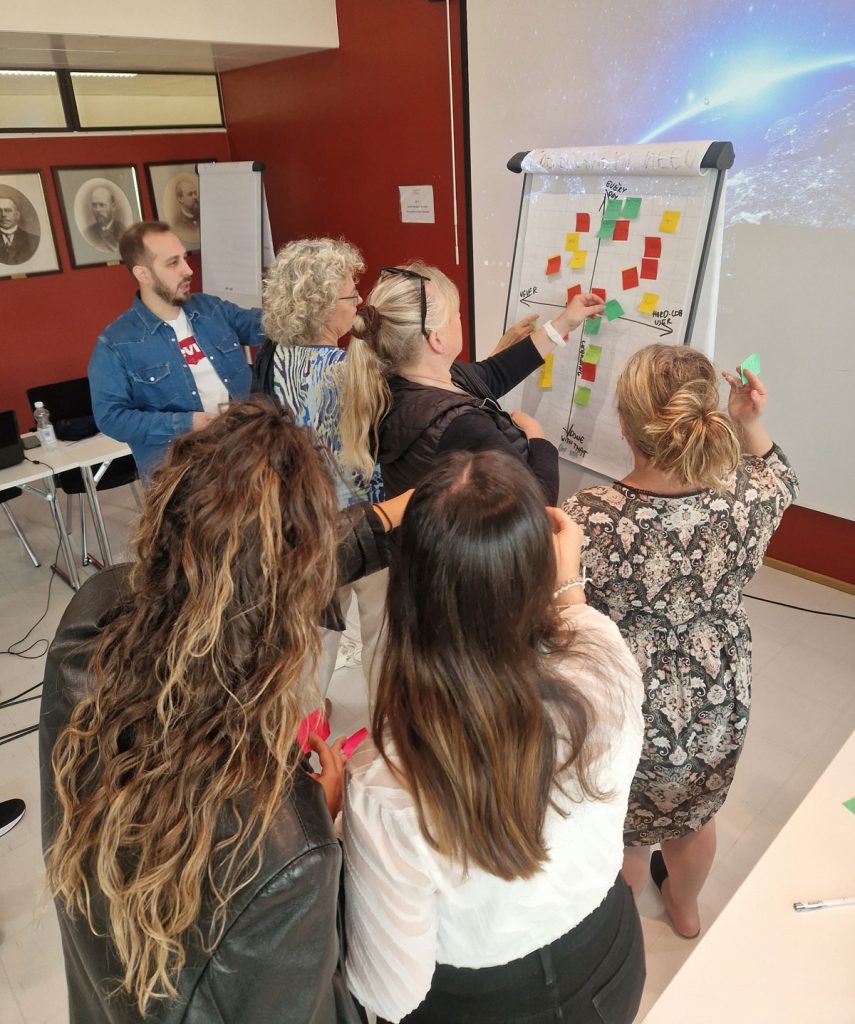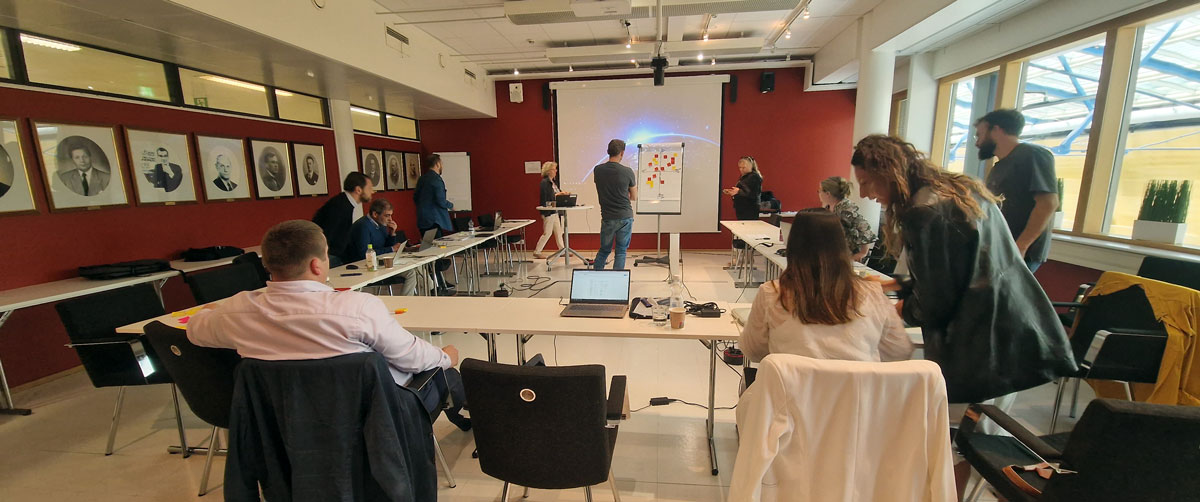SeDiHub Final Conference
Celebrating the Success of the SeDiHub Project
As the SeDiHub project draws to a close, we reflect on the incredible journey and achievements of our initiative to foster sustainable digital economies for micro and family businesses across Europe. Funded under the Erasmus+ Programme, SeDiHub has created a robust platform for service design, digital transformation, and sustainable development, providing essential tools and training to small businesses and vocational education providers.
Our final conference, held on May 15, 2024, was a testament to the collaborative spirit and innovation that has driven this project. Here’s a recap of the day’s highlights and presentations that marked this significant milestone.
Conference Agenda Highlights
Introduction to the SeDiHub Project Aare Raev kicked off the conference with a comprehensive overview of the SeDiHub project, outlining its objectives, achievements, and future impact. He emphasized the project’s success in promoting service design thinking and its role in sustainable economic growth.
Get Serious About Design Thinking! Taavi Tamm led an engaging session on the importance of adopting design thinking principles in everyday business operations. Through interactive activities and real-world examples, attendees learned how to implement these strategies effectively.
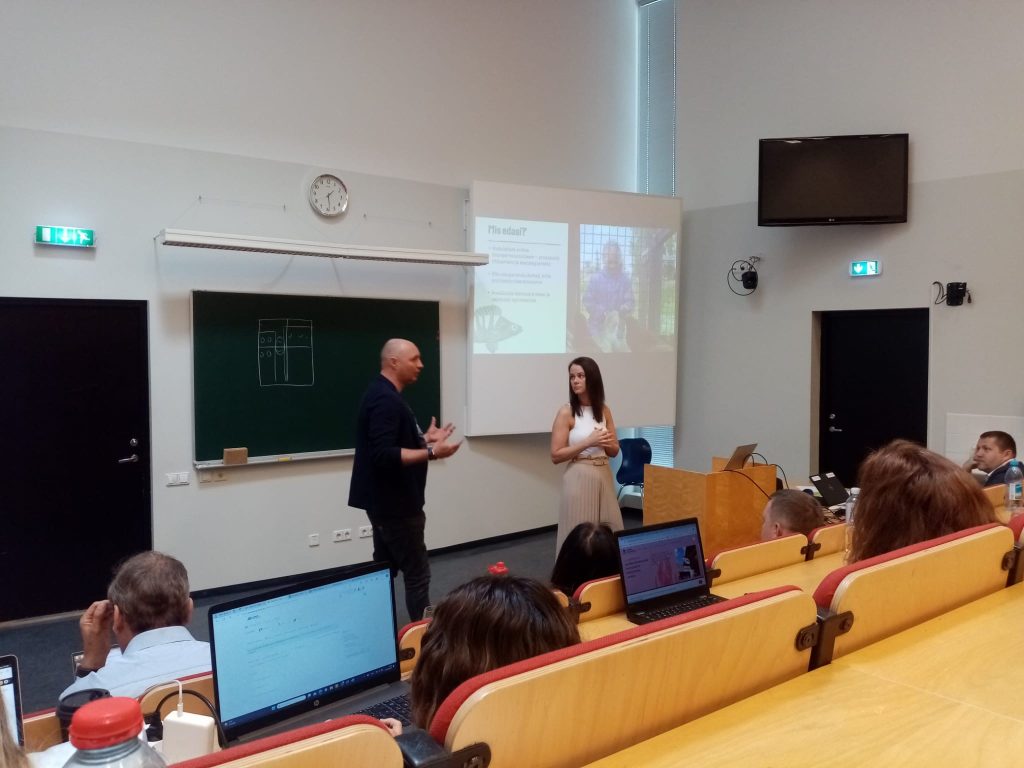
Riding the Wave of Service Design: Sauga Fishing Village Case Study A compelling presentation on the transformative journey of the Sauga Fishing Village, showcasing how service design has revitalized their community and business practices.
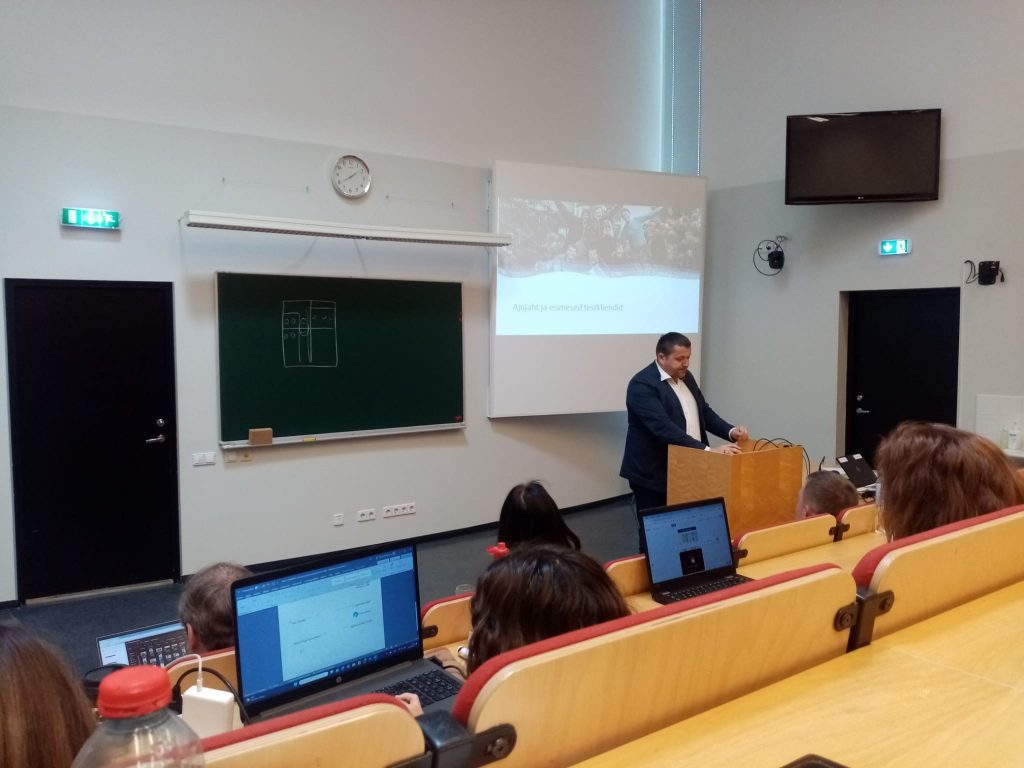
Burning Money: The Tamiatics Experience The Tamiatics team shared their candid story about the trials and errors they faced in product development and the critical lessons learned. Their journey emphasized the importance of customer validation and adaptive strategies.
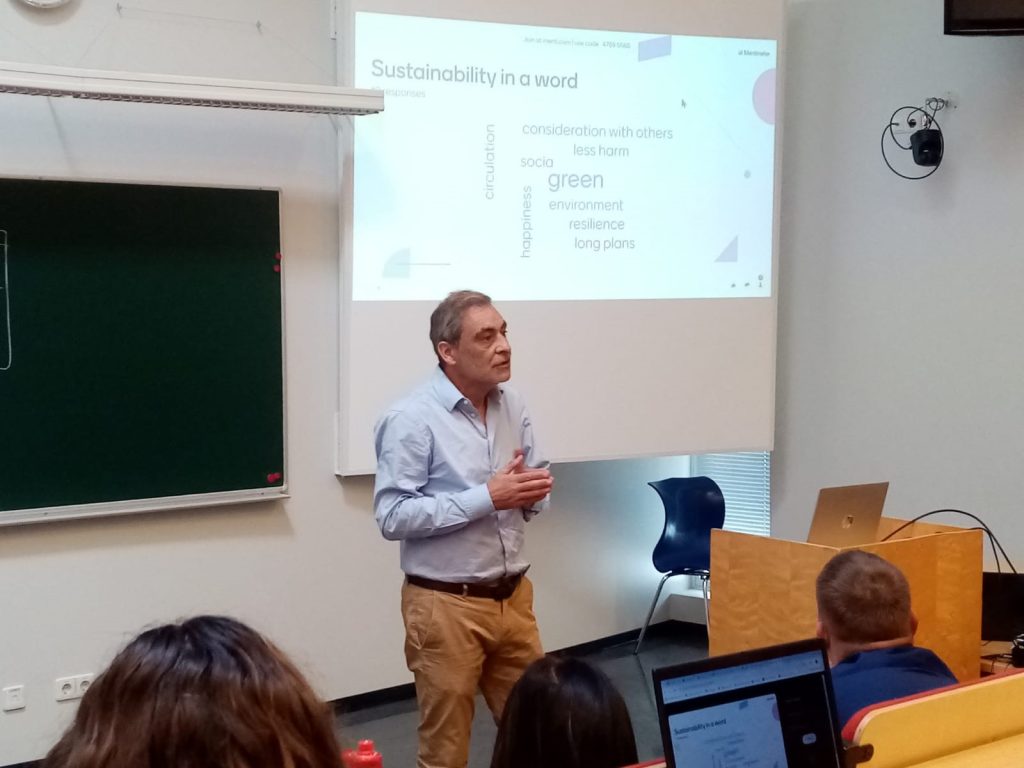
Sustainability in SMEs Pedro Soutinho delivered an insightful talk on the significance of sustainability in small and medium-sized enterprises (SMEs), providing practical advice on integrating sustainable practices into business models.
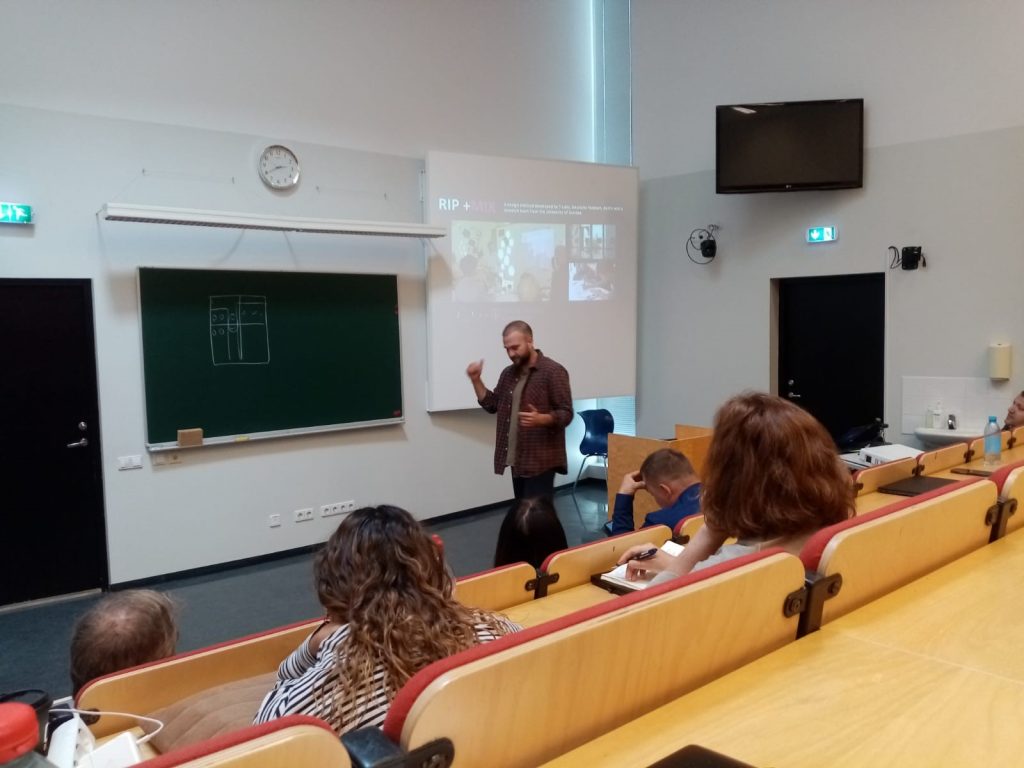
Introduction to RIP + MIX by Alexandros Ioannou Peletie Alexandros Ioannou Peletie introduced the innovative design method “RIP + MIX,” developed by T-Labs Deutsche Telekom Berlin and a research team from the University of Dundee. This fast and effective tool encourages creativity and was followed by a hands-on RIP + MIX activity that engaged participants in exploring new design approaches.
The Need for Personal Branding in Small Businesses Grete Männikus highlighted the necessity of personal branding for small business owners, offering valuable tips on building and maintaining a strong personal brand to enhance business credibility and customer trust.
